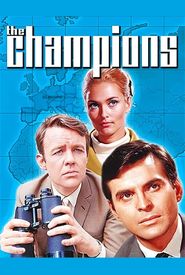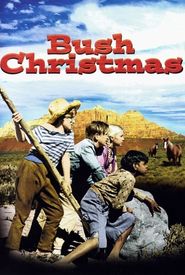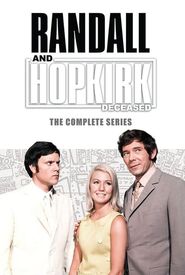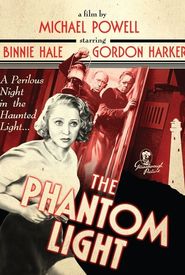Ralph Smart, a renowned filmmaker, was born to Australian parents in the London suburb of Chingford, approximately ten miles northeast of Charing Cross. His professional career in films commenced in 1927, where he began working as an editor, writer, and director of documentary shorts. He collaborated on screenplays with Michael Balcon for Gaumont-British, before relocating to Australia to create propaganda films and documentaries for the Australian government during World War II.
Following the war, Smart worked as a producer or producer/director on two seminal films shot in Australia for Ealing, namely The Overlanders (1946) and Bush Christmas (1947). From the mid-1950s, he was active again in Britain, affiliated with ITC as a writer/producer/director of several popular TV period adventures, including The Adventures of Robin Hood (1955),The Buccaneers (1956),and William Tell (1958).
Smart's most notable contribution emerged in the 1960s, when he created the action series Danger Man (1960) and its incorruptible lone wolf protagonist John Drake, played masterfully by Patrick McGoohan. After the show's cancellation in 1966, Smart returned to working as a freelance screenwriter on the short-lived Australian-based series Riptide (1969),starring American actor Ty Hardin.
Smart eventually settled in Bowen, Queensland, where the show was filmed, and passed away in February 2001 at the remarkable age of 92.






























